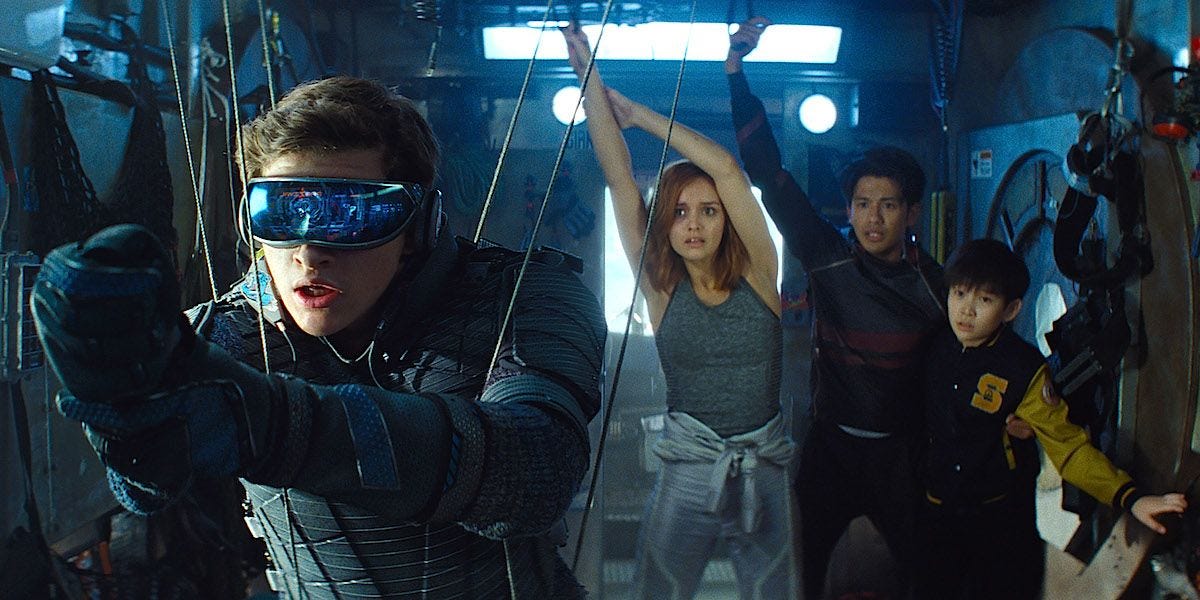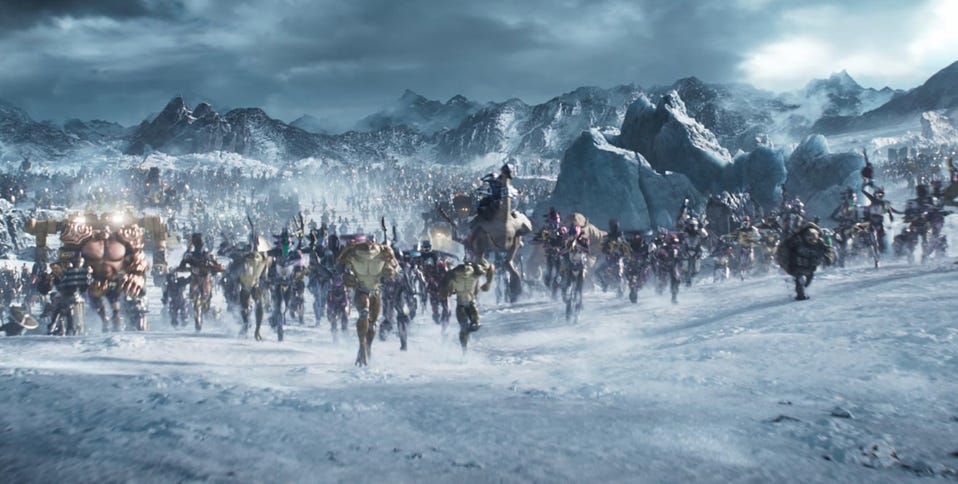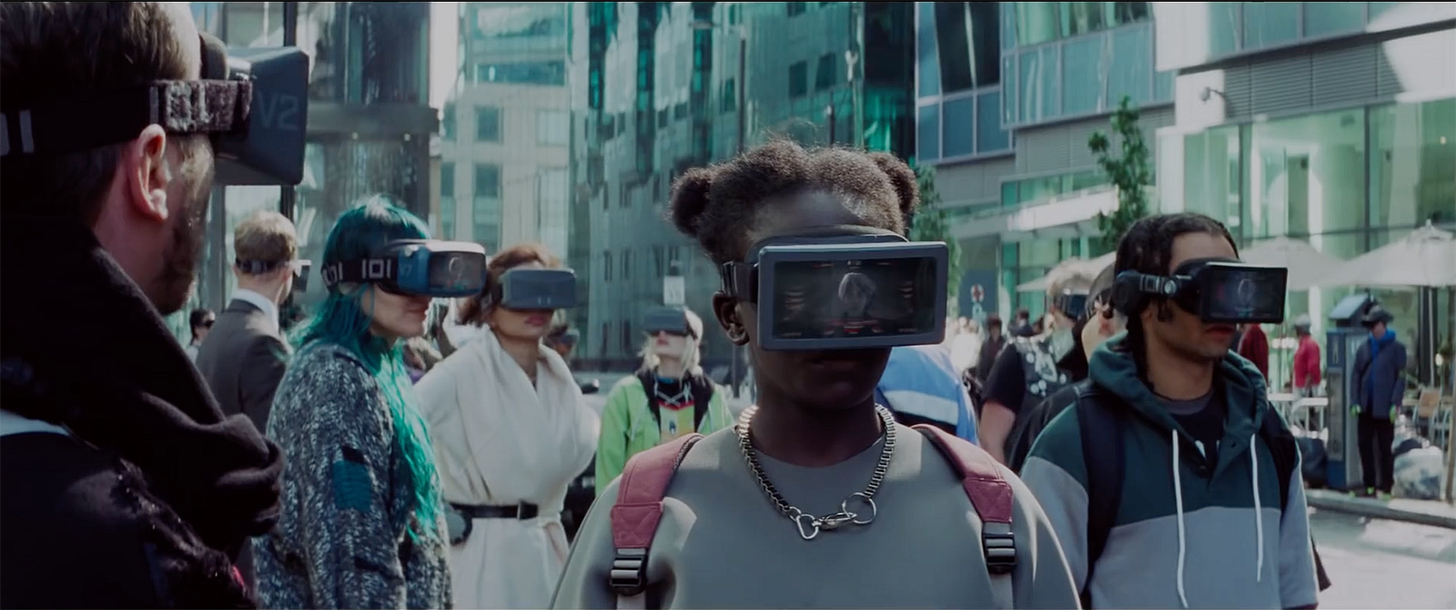The Hidden Trap of Video Games (and What They’re Really Replacing)
The things we use to distract ourselves from real life...
I’m an avid gamer. Always have been.
Video games have been a way for me to relax, unplug from work, and connect with friends - especially the ones I don’t see in person often. There’s nothing inherently wrong with that. In fact, I still play today. Not as much, and not with the same priority, but I still enjoy it.
But over the last couple of years, I started asking myself a question:
Why was I spending so much time building virtual worlds - when I had a real one I was trying to build?
The Illusion of Progress
The first realization hit me like this:
Video games give you the feeling of progress. And that’s what makes them so addictive.
You level up.
You unlock something new.
You earn respect from teammates or even from strangers on YouTube or Reddit.
It mirrors the same emotional high you get from hitting a goal in business, landing a sale, or building something real. But there’s a major difference:
One leads to tangible results.
The other doesn't leave the screen.
And if you're not careful, it’s easy to confuse the two.
Community Without Accountability
Most people don’t understand this unless they’ve experienced it:
Online games today are full-blown ecosystems. There are followers, leaderboards, rankings, social chats, clout. It’s not “just a game” - it’s a world. And in that world, you can build status, build reputation, build friendships, and in some cases even earn money.
But that’s the trap.
When your real life lacks direction or connection, it’s easy to pour more and more energy into the one place you feel progress.
And you won’t even notice you’re doing it.
Distraction in Disguise
Here’s the second realization:
Sometimes, we run to video games to avoid the work we know we should be doing.
And it’s not just games.
It’s scrolling.
It’s reorganizing your desk.
It’s “cleaning” when you’ve got a project due.
We justify it: “I just need a quick break.”
Then an hour slips by. And the work still isn’t done.
Distraction doesn’t always look like laziness. Sometimes it looks like productivity - just not the right kind.
The Answer Isn’t Quitting - It’s Awareness
I’m not against games. I still play. I still enjoy them. I don’t think they’re evil.
But now, I see them for what they are: a form of recreation - not a replacement for real purpose.
If I’m hopping on because I’ve had a long week and want to laugh with some friends, that’s great.
If I’m hopping on because I don’t want to face the next hard thing in life or business… that’s different.
The key is awareness.
Because when you know why you’re doing something, you can make better choices.
Whether it’s video games, social media, or something else entirely - take inventory.
Ask yourself:
Am I doing this to rest… or to run?
Is this leisure… or is it avoidance?
Am I building something… or escaping something?
Because the game you play the most might not be on a screen.
And the progress that matters?
It’s happening in the real world.








This is true of any dopamine time suck. Social Media etc... One thing that is amazing though is that our actual lives do mimic RPG leveling up and gamifying our lives is actually a highly effective psychological tool that can be in service to crafting lives that are more aligned with our values and what we want out of life.
These three points are what I also realized from gaming (WoW), and the more I worked on myself internally and made progress there, the less on-screen progress enticed me. Now I just like to takeover the world once or twice a week with a quick AOE3 skirmish (I avoid online matches), but even that serves my higher purpose now.